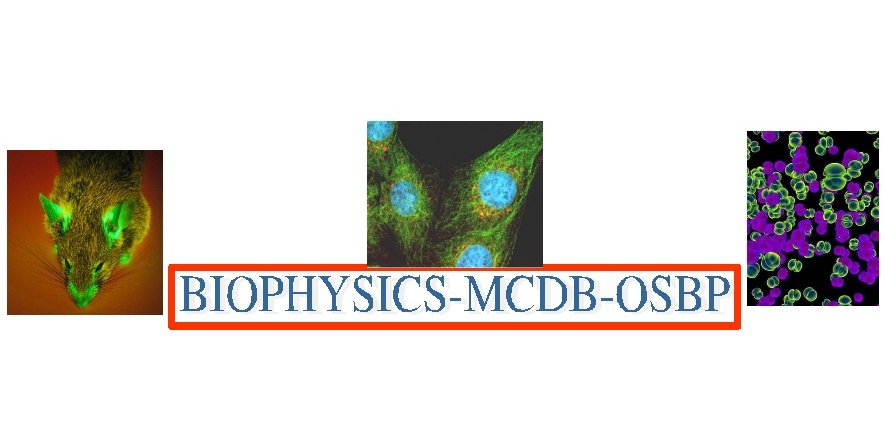Interdisciplinary Graduate Programs Symposium

2010 OSU Molecular Life Sciences
Interdisciplinary Graduate Programs Symposium

Poster abstracts
Abstract:
Iron-sulfur (Fe-S) clusters are crucial cofactors in biological systems. A complicated machinery composed of multiple proteins is required to synthesize Fe-S clusters in vivo. Details regarding the mechanism and the regulation of this machinery are still unclear. It has been acknowledged that an Hsp70 chaperone is involved in this machinery through interaction with the Fe-S cluster scaffold protein ISU (eukaryotic) or IscU (prokaryotic). To identity the driving force and to probe the underlying mechanism behind this interaction, we have examined the interaction of chaperones with scaffold proteins through biophysical approaches. Characteristics of this interaction were analyzed by isothermal titration calorimetry (ITC) and fluorescence anisotropy. In addition, to distinguish similarities and differences in eukaryotic and prokaryotic systems, a cross-system comparison was conducted. Chaperone pairs: human mortalin and Thermotoga maritima DnaK (Tm DnaK), as well as scaffold protein pairs: human ISU and Tm IscU were used as models for the cross-system comparison. These findings provide mechanistic insights concerning the role of chaperones in Fe-S cluster biogenesis, and demonstrate diversity regarding Fe-S cluster biogenesis among species.
References:
W.-I. Luo, E. Dizin, T. Yoon, J.A. Cowan, Protein Expr. Purif. accepted, 2010
Keywords: Hsp70 chaperone, iron-sulfur cluster, ISU